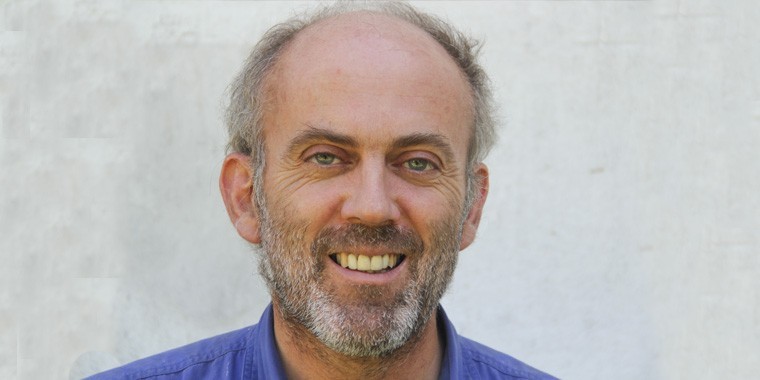With my wheat harvest safely in store my thoughts, predictably, have turned to what it’s worth. Sadly, even with a chronically weak pound, new crop ex farm September wheat prices have fallen from £154 on 11 July to £132 per tonne by the beginning of September.
A drop of £22 per tonne might not sound disastrous to a non grain farmer (and might even cheer up livestock farmers who can now look forward to buying cheaper feed for their animals). But to anyone engaged in the business of producing wheat it is a deadly blow given that average production costs for UK wheat growers now approach £150 per tonne and are rising fast.
The cause of the drop in grain prices is that strong harvests in Russia mean that 15 million tonnes has been added to the global wheat forecast. That is not a huge quantity of wheat in a global context but, added to healthy carry over stocks combined with a recent bumper harvest in the UnitedStates, it’s been enough to depress prices around the world.
So, yet again, we are left to ponder what the future holds for UK grain producers as we hurtle towards Brexit with the distinct possibility that our subsidies will be gone or severely reduced by 2022.
Where are all those experts who, five years ago, were predicting that farming was embarking on a golden age? Remember all that talk about the world heading towards a tipping point where a growing human population combined with a finite area of land meant that farming would be viable without subsidy?
What makes the relentless cost price squeeze on producing grain over the last 30 years so deadly, of course, is that average yields have refused to rise. If – like dairy farmers who have been able to get more milk from each cow each year – we arable farmers had worked out a way to squeeze more grain from each acre then our prospects would be distinctly brighter. But, as it is, we are stuck with the wheat yields of the 1980s (at about three tonnes per acre), wheat prices of the 1980s (at about £125 per tonne) but with growing costs that have escalated out of all recognition.
The response by arable farmers to this relentless squeeze on their profitability has been to get bigger or get out. Last month the Campaign to Protect Rural England produced a report entitled “Uncertain Harvest” which showed that a staggering one fifth of farms had disappeared over the past 10 years.
I don’t know about you but, post Brexit, with the likes of Michael Gove in charge of farm subsidies, and Liam Fox in charge of food trade policy, I don’t think we’ve heard the last of “disappearing English farms.”




